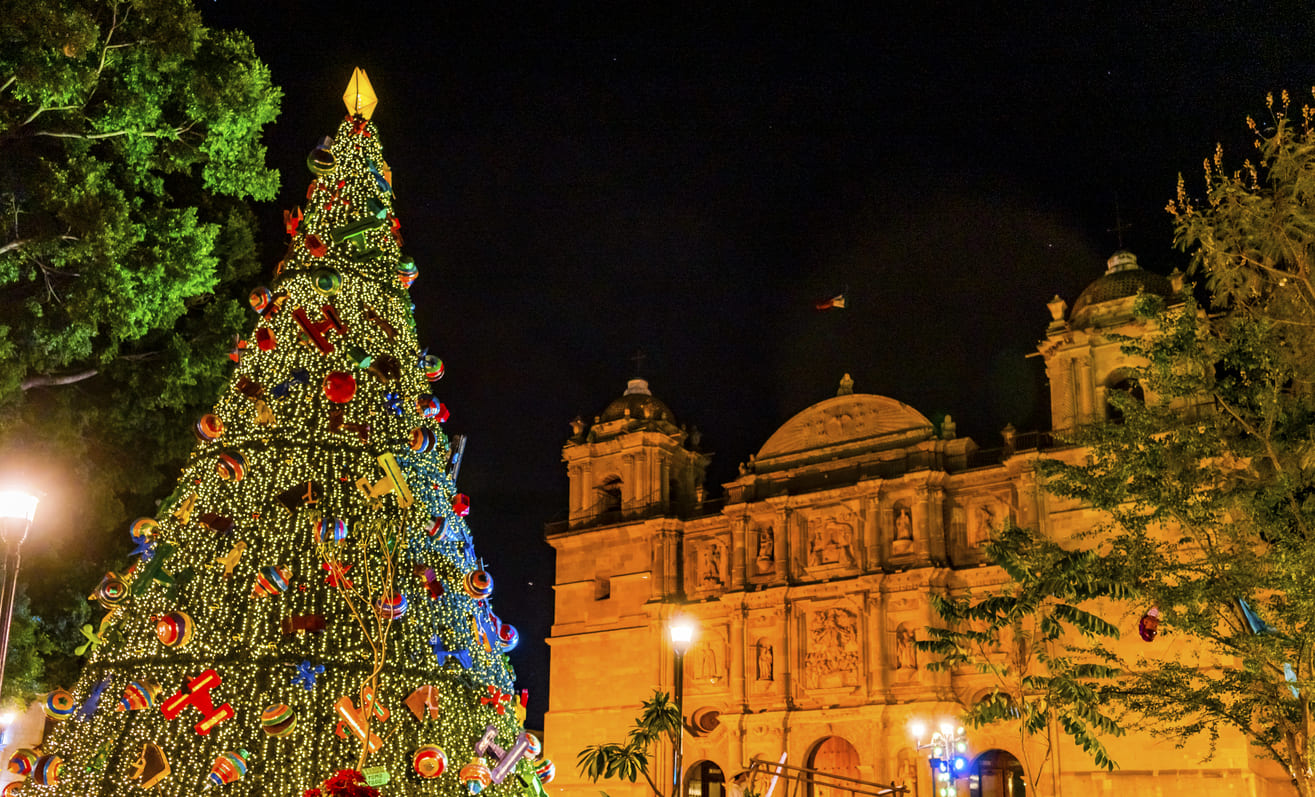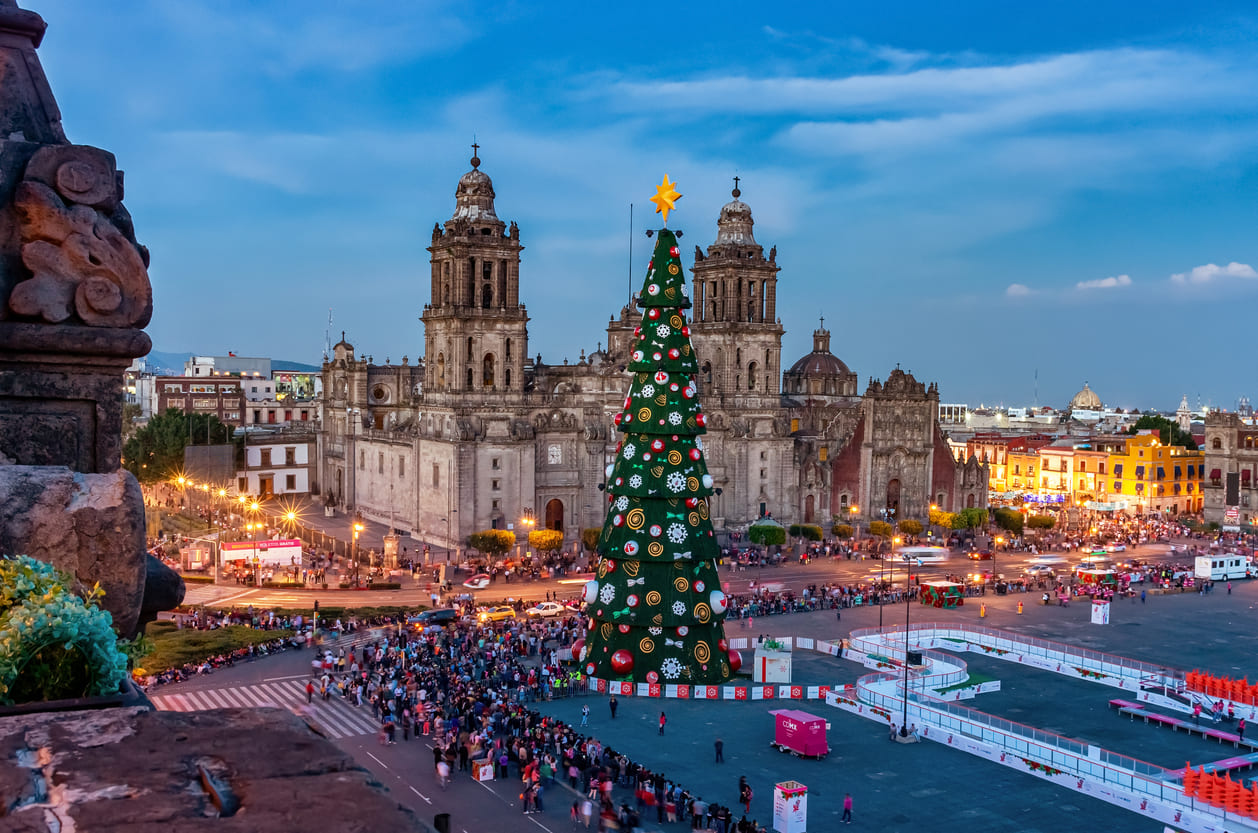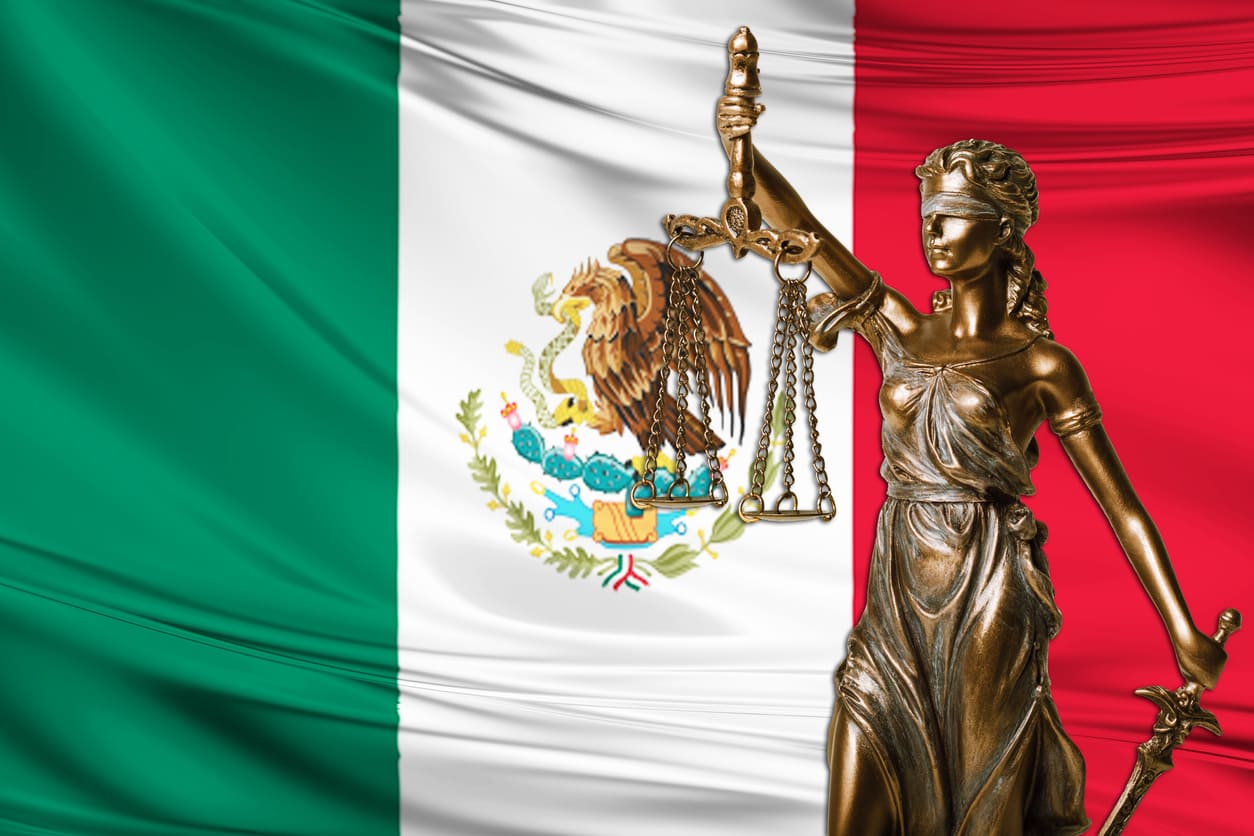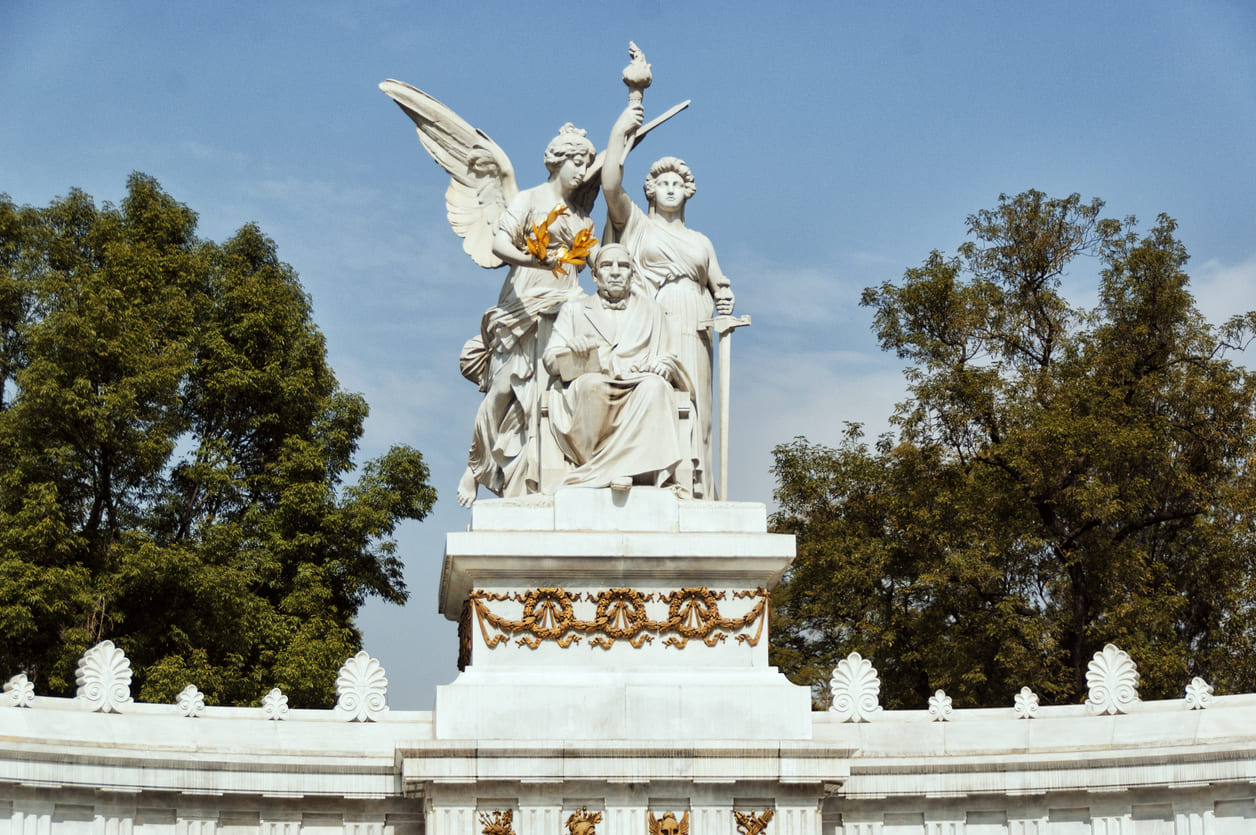Dates of Day of the Holy Kings in Mexico
| 2026 | Jan 6 |
| 2025 | Jan 6 |
| 2024 | Jan 6 |
Related Holidays in Mexico
Mexico Holiday Calendars
Day of the Holy Kings, or Día de Reyes, is celebrated on January 6 to honor the visit of the Three Wise Men to baby Jesus. Children receive gifts on this day, and families gather to share the traditional Rosca de Reyes sweet bread.
Day of the Holy Kings: A Public Holiday?
Day of the Holy Kings is not an official public holiday in Mexico, but it is widely celebrated, especially by families with children. Many schools and workplaces remain open, though some may hold special activities.
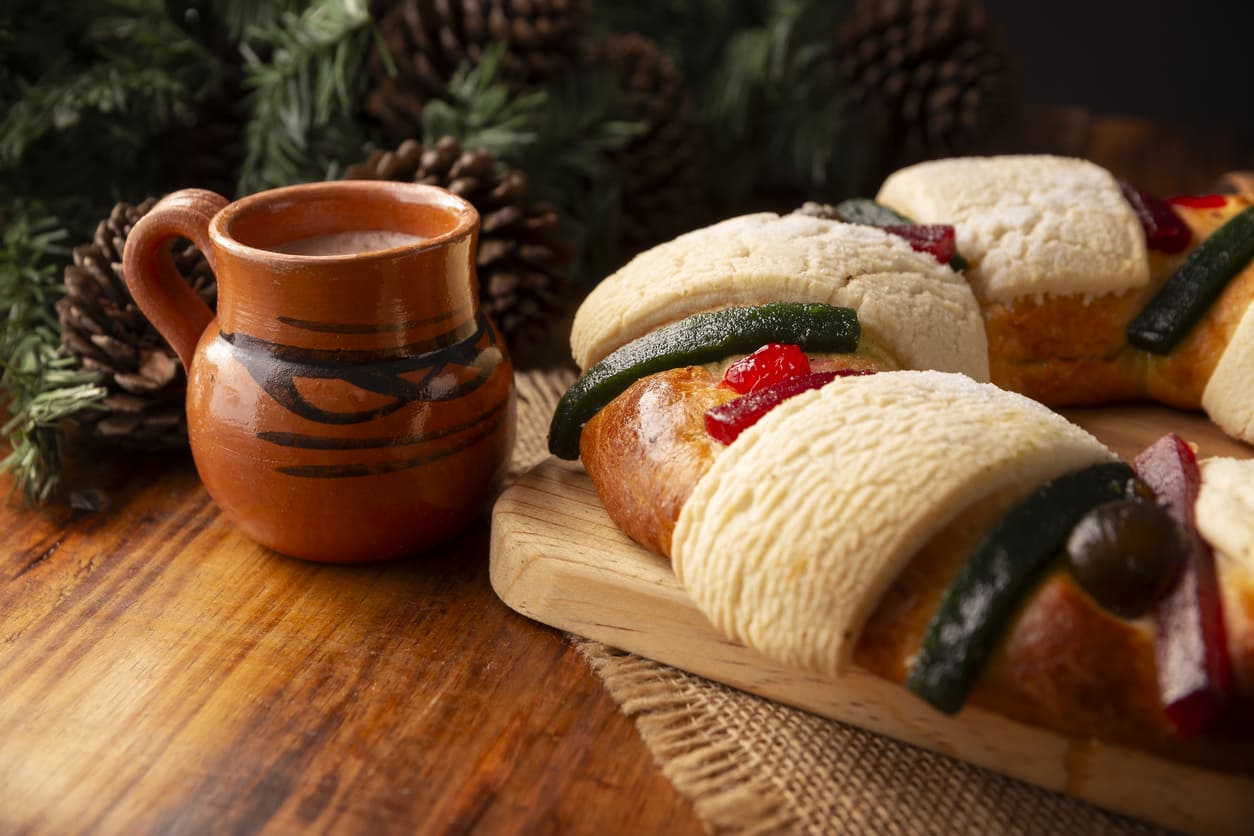
Day of the Holy Kings
The Day of the Holy Kings, also known as Epiphany or Día de Reyes, is celebrated on January 6 in Mexico. It comes from the Christian tradition of the Three Wise Men, or Magi, who followed a star to visit baby Jesus in Bethlehem. Spanish missionaries introduced this celebration during the colonial period, and it became a cherished part of Mexican culture over time.
While Christmas focuses on the birth of Jesus, Día de Reyes honors the arrival of the Wise Men and their gifts. In Mexican culture, this day became especially important for children, who see it as a day for receiving presents, just like Jesus did. The tradition of giving gifts and eating the Rosca de Reyes—a sweet bread with hidden figures—has been passed down for generations and remains a special part of the Christmas season in Mexico.
Observance of the Day of the Holy Kings in Mexico
Día de Reyes is a joyful and meaningful celebration in many Mexican homes. On the night of January 5, children place their shoes by the door or near the Christmas tree, sometimes filled with a note or a treat for the Wise Men and their camels. By the morning of January 6, they wake up to find toys, sweets, or small gifts left in or around their shoes. This tradition brings happiness and excitement, especially to young children.
Families also gather on this day to share the Rosca de Reyes, a round sweet bread decorated with dried fruits. Hidden inside the bread are small baby figurines. Anyone who finds one in their slice is expected to host a tamales celebration on February 2, which is Día de la Candelaria. Sharing the Rosca is not just fun but also brings families and friends closer, keeping the holiday spirit alive even after Christmas.
Día de Reyes is important because it blends faith, family, and tradition. It reminds people of the story of the Three Kings and the values of giving, hope, and joy. While it is not a public holiday, many schools and workplaces recognize the day with small celebrations or time for family. It also marks the end of the Christmas season in Mexico. Through gift-giving, food, and togetherness, Día de Reyes continues to be a special part of Mexican culture, passed down from generation to generation.
Day of the Holy Kings Observances
| Year | Date | Weekday | Name | Holiday Type |
|---|---|---|---|---|
| 2024 | Jan 6 | Sat | Day of the Holy Kings | Observance |
| 2025 | Jan 6 | Mon | Day of the Holy Kings | Observance |
| 2026 | Jan 6 | Tue | Day of the Holy Kings | Observance |
| 2027 | Jan 6 | Wed | Day of the Holy Kings | Observance |
| 2028 | Jan 6 | Thu | Day of the Holy Kings | Observance |
